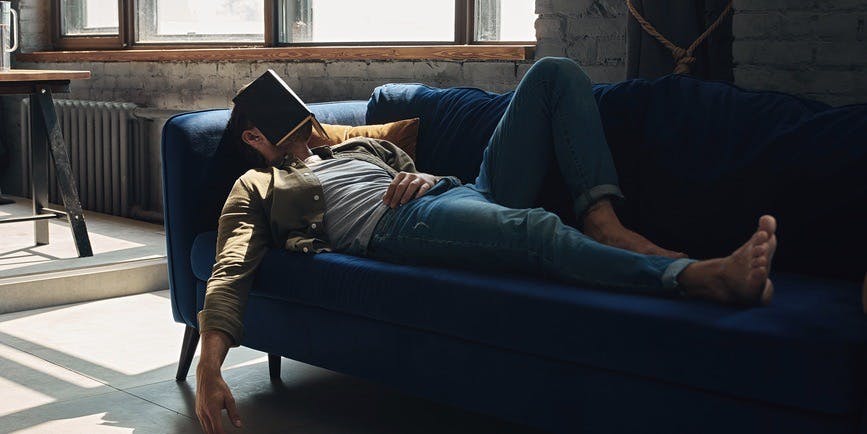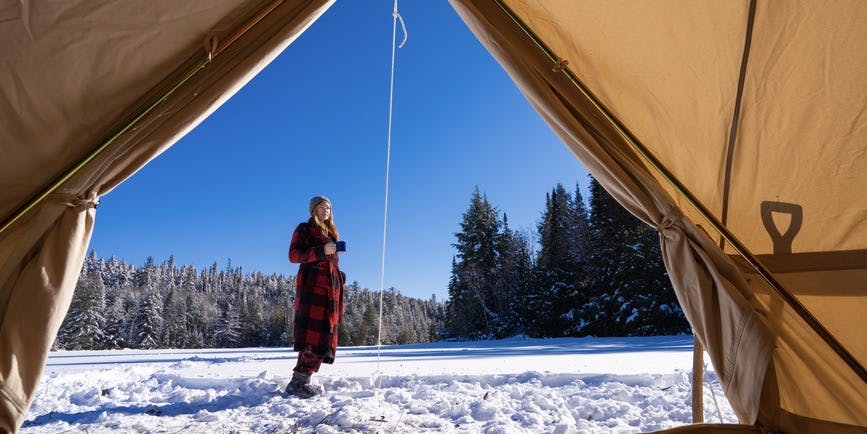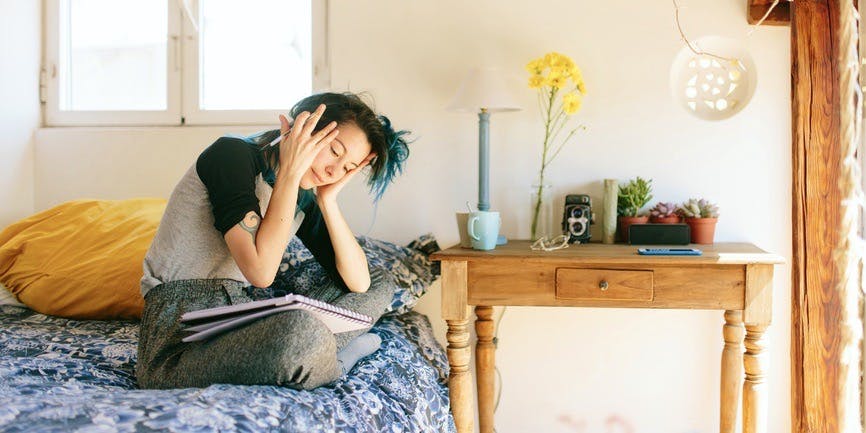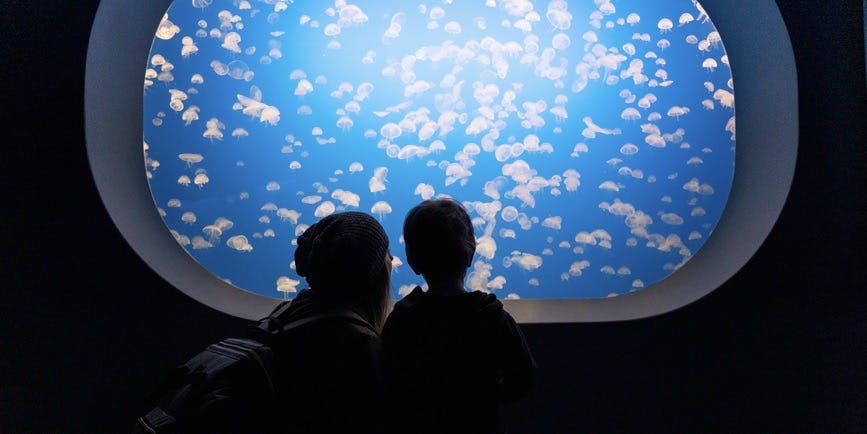Here's what may be causing your extreme fatigue

Topics
Welcome to the Dr. B Newsletter, a curated healthcare email that delivers vetted reads on whole-body health. Are you plumb tuckered out? You’re in good company. Parents are tired. Coworkers are tired. Kids are tired. We’re tired after working out + tired of being tired. So today, we dig into the latest energizing health news to help you keep chugging along.
- The Checkup: all about support
- Face Yawn: it's so okay to be tired rn
- Healthcare: pacing + projections
- We Now Treat: cold sores!
The Checkup
- Is it gross to wear new clothes without washing them? (Yes!)
- Could a Last of Us fungal pandemic wipe us out for real?
- Dietitians are enraged at the new child obesity guidelines
- CBD trends are way ahead of science and that’s dangerous
- Why fewer ER docs = more $ for hospitals + less care for you
- Immunocompromised people are suffering + need your help
- Here’s how to plan your workouts so they don’t wipe you out
- Too tired to cook? A dietitian lives on these packaged foods
Caffeine = borrowed time?

Contrary to (desperate!) assumption, coffee doesn’t give us energy. It tricks our body to not recognize we’re sleepy.
How? Adenosine—one of our four RNA nucleoside building blocks—builds up in our bloodstream as we use energy + triggers drowsiness as we run low. Caffeine is a similar shape as the adenosine receptor. When we down a java, it bonds to the receptor + blocks adenosine from also bonding, slowing our descent. But when the caffeine wears off, backed-up adenosine floods in + we crash.
Read more to reset your caffeine response or time your jolt for maximum effect.
Ticktock (circadian clock)

If you’re a night owl, you have our sympathies.
Studies show that you have higher rates of depression + anxiety than your early bird counterparts and pop culture blames your snooze button reflex on a lack of drive.But there’s no scientific support for that shame.
Rather, countless studies confirm that our sleep-wake schedule (chronotype) is genetically set. Around 10-15% of us are later sleepers. But early school + work schedules throw our circadian rhythms. For a long time. Like, forever. Hence the resulting (not causal) higher rates of depression + anxiety.
So if you’re a night owl, go easy on yourself. Embrace opportunities that support a later schedule. Not a night owl? Have compassion for those who are. Here’s more.
Tired parents = calmer kids?

According to the latest PEW report, parents are too tired of witnessing their kids face mental health issues during these grueling pandemic years. As a result, they're shifting goals:
Instead of over-packed schedules, they’re enrolling their kids in non-competitive sports. (Fishing, anyone?) Only 41% feel a college degree is vital to success whereas 95% believed so ten years ago. Now, they want their offspring to have an adulthood they’ll enjoy, so they’re enrolling them in vocational + state schools with proven academic + social track records. And they’re making sure mental health resources are available, affordable and easy to access.
“We are tired, our kids are stressed out, and our values have changed,” one parent shared.
Read more in the Boston Globe if you can relate.
Healthcare 411
The future of long COVID (The Atlantic). Roughly 6% of American adults have chronic post-Covid symptoms (long Covid) and data doesn’t provide clear guidance on how to define, research or treat them. This is a big issue the article covers well. But right now, it’s vital to note that the end of the Covid-19 health emergency will make it harder for those with long Covid to access Medicaid coverage as well as reduce research + treatment funding. Here’s more on how long Covid keeps young people from the workforce. And why pacing strategies reduce fatigue crashes but come at a cost.
Dobbs was always just the beginning (Slate). An upcoming lawsuit could ban mifepristone—one of the two drugs in abortion pills—effectively ending access nationwide. The plaintiffs are anti-abortion medical associations + doctors who claim (hypothetically) a patient could come to them with an extremely rare mifepristone side effect which would “qualify them for relief in federal court.” Why file in Texas? Because a judge there will likely vote in their favor. This is a complex article worthy of a read. Learn more about Dr. B's affordable + accessible birth control options.
Millions of people are about to get kicked off Medicaid (Vox). The uninsured rate is at an historic low of 8%. That’s because the Covid-19 health emergency made it easier for us to enroll in + keep Medicaid coverage. But come April, about 15 million Americans will lose coverage—those who’ve moved across state lines, children and disabled people are at particular risk. Read the article for why eligible people often fall through the cracks + why income shifts and paperwork mishaps muddle everything.
Topics
Sign up for the free Dr. B newsletter for a weekly report on the latest in healthcare + research-based advice for staying healthy and mentally well.